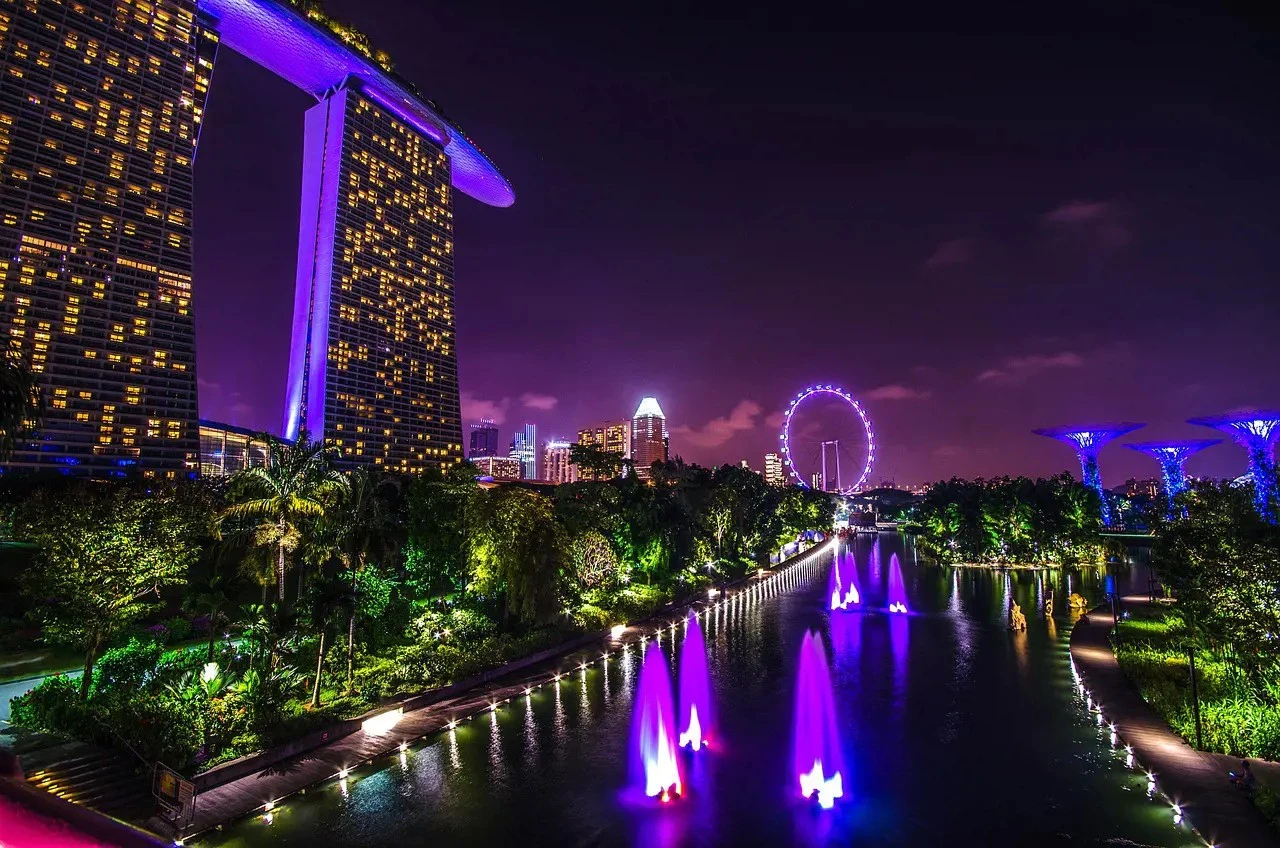Sands mulls Thailand as Asia fuels Q1 revenue growth

Sands once again hailed ongoing growth in Macau as one of the key divers behind this rise in Q1. The operator has continued to benefit from success in Macau following the removal of pandemic-related measures last January.
There was also further growth in Singapore at Sands’ Marina Bay Sands venue. Similar to Macau, Singapore dropped all Covid-19 restrictions in early 2023, allowing operations to return to normal.
With such success in two of Asia’s leading markets, CEO and chairman Robert Goldstein said Sands now has its eye on more growth in Thailand. Last month, the country moved to within one step of legalising casino gaming when the house of representatives approved such a move.
All that is left for new laws to come into effect is approval by the country’s cabinet. Ahead of this, Goldstein has talked up the potential of Sands launching in Thailand, saying it will be an “exciting” market.
“We absolutely have interest in Thailand,” Goldstein said on an investor call. “It’s a very, very exciting market in a lot of levels. Just the sheer size of population, the accessibility and the willingness of people travel to Thailand. It’s obviously, I think, number one resort destination city in Asia.
“It could even happen quicker than Japan. I think it’s conceivable. It’s early days, although we still have work to do with the numbers and understanding it.”
Sands’ disappointment over New York
Despite excitement over a possible Thailand launch, the situation in New York is very different. Sands has previously spoken about a potential launch in the US state and bidding for one of three new downstate licences.
However, last month New York State Gaming Commission warned licences will likely not be issued until late 2025. This, it said, is due to the lengthy associated approvals process.
Sands president and chief operating officer Patrick Dumont admitted this was disappointing news. He also hit out at the lack of clarity from regulators in New York but added that Sands remains hopeful over a potential launch.
“We’re very disappointed by New York,” Dumont said, “We’ve been working there for a long time and we thought it was going to happen in 2024. Now they’re saying 2025 or 2026, but I don’t think we have any real clarity. And, to be honest, it’s confusing and disappointing because we’ve done a lot of work in New York and a lot of time into it.
“We wish they figured it out and let us know. We just don’t know. So, we’ll remain hopeful that things turn around there.”
Breaking down Q1 revenue
Switching attention back to Q1, the figures show clear growth in Macau. Operations in the region generated $1.81bn in revenue, an increase of 41.6% from last year.
Sands’ Venetian Macau proved the most successful venue in the region, with revenue up by 28.2% to $771m. It also noted growth across the Londoner Macau, Parisian Macau, Plaza Macau and Four Seasons Macau facilities.
As for Singapore, revenue from Marina Bay Sands jumped 36.6% year-on-year to $1.16bn. In addition, Sands noted $73m worth of intersegment eliminations that were taken off from the final revenue total. This in turn left the operator with net gaming revenue of $2.96bn.
In terms of how revenue was generated, some $2.29bn came from casino activities, a rise of 44.6%. Revenue was also higher across all other operator areas, with rooms revenue hitting $330m, food and beverage $150m, mall $174m and convention, retail and other revenue $77m.
Revenue growth offsets higher spending at Sands
Turning to costs, operating expenses for Q1 were 28.7% higher at $2.24bn. Resort operations was by far the area of most spend for Sands, with costs here amounting to $1.76bn.
After including an additional $117m in net finance costs, Sands was left with a pre-tax profit of $600m. This was 297.7% higher year-on-year.
Sands paid $17m in tax and noted an $89m loss attributable to non-controlling interests. As such, it ended Q1 with a net profit of $494m, an increase of 236.1% from $147m in 2023.
In addition, adjusted property EBITDA for Q1 was 52.4% higher year-on-year at $1.21bn.
“Our financial strength and industry-leading cash flow support our ongoing investment and capital expenditure programs in both Macao and Singapore, our pursuit of growth opportunities in new markets and our programme to return excess capital to stockholders,” CEO Goldstein said.
